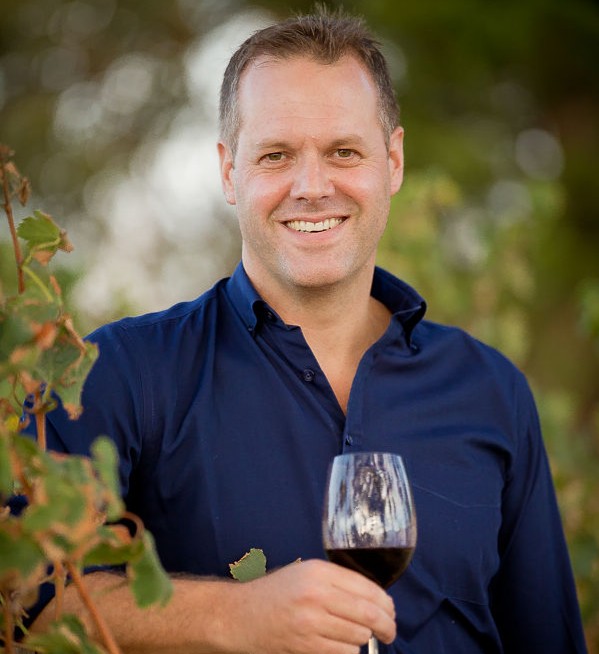Top image: De Bruyn Steenkamp, chairman of the Institute of Cape Wine Masters.
The Institute of Cape Wine Masters is set to extend its association with the South African wine industry through greater involvement with industry bodies, producers and the hospitality industry. According to De Bruyn Steenkamp, the new chairperson of the Institute of Cape Wine Masters, the 102 individuals that today bear the title of Cape Wine Master represent some of the keenest wine industry minds spread over various fields of expertise that are in a position to add value and to contribute to the South African wine industry.
“Since the first three Cape Wine Masters were inducted in 1983, the Cape Wine Master qualification (CWM) has been recognised as the foremost qualification in South African wine education,” says Steenkamp, a former Global Director of Sales and Marketing at KWV and International Business Manager at Distell.
“Among those who have passed the rigorous CWM examinations are winemakers, marketing specialists, chartered accountants and business strategists – some working in the industry, many don’t. But each Cape Wine Master continues to be involved with wine on a professional or personal level. So sitting with arguably the greatest resource of wine knowledge in South Africa, the Institute of Cape Wine Masters is aiming to market itself in a greater commercial role than in the past.”
The high standards of the CWM qualification are underscored by the fact that over the past two years, only two new CWM’s have successfully completed the course, which can be done over two to five years.
Steenkamp says that to continue its relevance in the South African wine industry, the Institute cannot be just seen as an inclusive wine-tasting club for Cape Wine Master graduates. “From this year the Institute will be driving a marketing programme whereby the status of CWM will be communicated as representing the very top-end of wine knowledge,” he says. “Due to the practical nature of the qualification procedure which includes in-depth studies on viticulture, viniculture and marketing, as well as a lengthy dissertation on a topic selected by qualified CWMs, the Institute believes we have a lot to offer the South African wine industry on both the professional and consumer side.”
Steenkamp says the local industry has never been as in need of expert wine and wine industry knowledge as now.
“This is emphasised by challenges in the industry on so many levels,” says Steenkamp, who grew-up on the Stellenbosch wine farm Groenland. “On the one hand the industry is grappling with marketing issues, including the need to up-sell the country’s wines by extending the premier category and getting away from a cheap-and-cheerful image. All this amidst the tremendous competition from spirits, beer and ready-to-drink liquors and an international market that is not willing to accept South Africa as a premier wine nation worthy of commanding higher prices for our wines.”
And on the side of the business of wine farming, farmers are going out of business or removing vineyards because their costs are superseding profit.
“Other issues include asking the question whether South Africa can ever be globally competitive when the global market is wanting more Sauvignon Blanc, Pinot Gris and Chardonnay, varieties not adequately represented in our vineyard landscape,” he says.
With the access to expertise in a diverse range of wine-related fields, the Institute of Cape Wine Masters is aiming to get involved as a centre of academic and practical excellence that can provide qualified assistance in various aspects of the industry.
“Despite the challenges in moving wine in the South African market, there is an increasing need for current, up-to-date wine knowledge from both the hospitality sectors and the general public,” says Steenkamp.
“The Institute of Cape Wine Masters has identified individuals within its ranks it plans to deploy as super wine educators, embodied by the CWM qualification. This will not only be through providing lecturers for the Cape Wine Academy – the feeder for those wishing to embark on the CWM programme – but the Institute will also be running tastings and specialist work-shops to the private sector. Corporates are increasingly seeing curated wine-tastings and experiences as a unique way to entertain clients, of which a large segment are top-end wine enthusiasts. Here the Institute of Cape Wine Masters has an opportunity of positioning itself as the blue-chip conveyor of wine engagement.”




